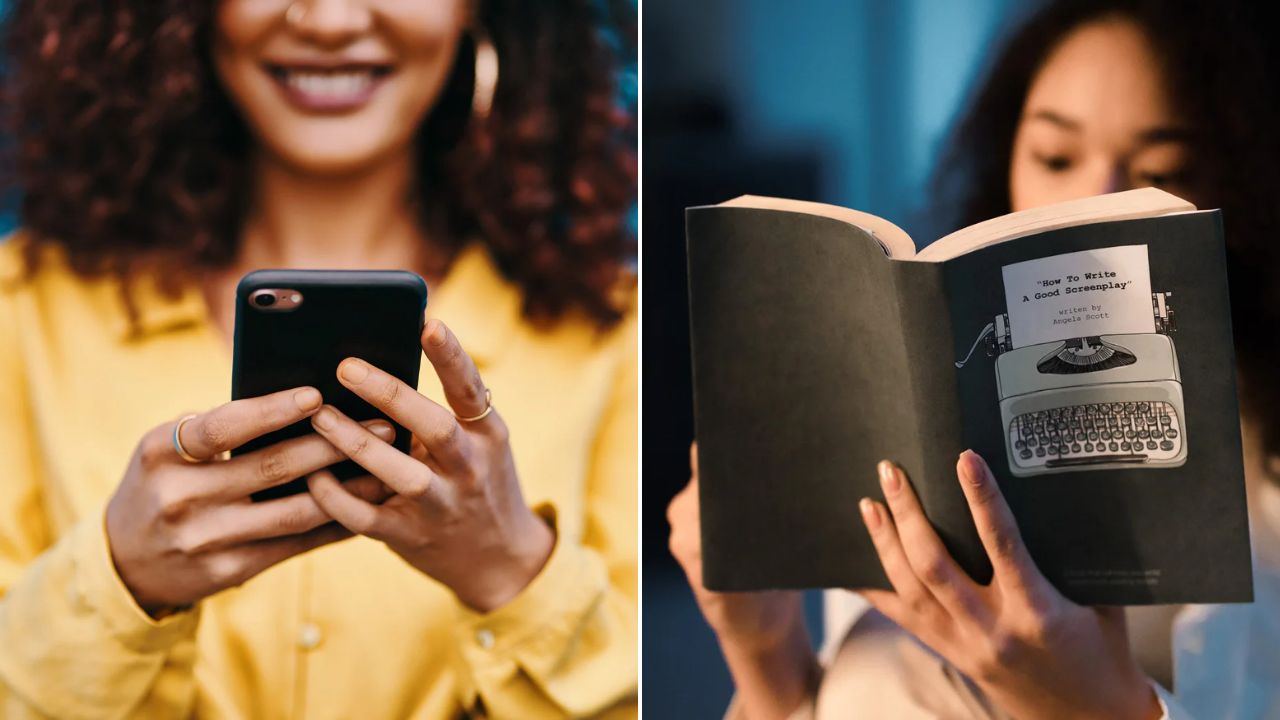
Did you know that human beings are social by nature?
Sure, we all have an introverted coworker who keeps to themselves or a friend who doesn’t like large gatherings. But even the shyest person you know has a brain designed for relationships, full of mirror neurons anticipating and replicating others’ emotions, igniting empathy to bring us together. In fact, human beings are so social that some recent studies have shown prolonged loneliness to be as harmful to our health as smoking 15 cigarettes a day!
But despite our natural desire to connect… is it possible to be too connected?
This is a question that scientists have been asking since social media came on the scene. Some of the first chat rooms went live in the 1980s and 1990s, when many of today’s social media magnates were just kids. But now, with more than 4.9 billion users around the world, it is safe to say we are living in an age defined by social media.
Whether that is for better or for worse, only time will tell for certain.
One one hand, it has never been easier to stay in contact with others. Friends from school and university, old colleagues from former jobs, neighbors from neighborhoods past – we can stay in touch with everyone we have ever met. Plus, social media has made networking and business possible in a number of brand new ways.
But on the other hand, that constant connection has its drawbacks. Social media is a feed – it is feeding you a steady stream of interaction, and that stimulates your internal reward system. The brain releases dopamine, the “feel good” hormone, signaling you to repeat whatever set it off. This is why you know so many people who are online all the time!
That neverending inflow of information can also reduce our attention span and negatively affect our memory – not to mention the impact that content can have on depression and anxiety.
In his book Indistractable: How to Control Your Attention and Choose Your Life, author Nir Eyal sums up this dilemma in one intriguing question:
“Are we allowing our digital devices and social media to distract us from what truly matters in our lives, or are we consciously using these tools to move towards the person we want to become?”
Only you can answer that question for yourself. Only you know whether social media has added or detracted more from your life. But as you continue to navigate the online landscape, these 3 strategies may come in handy:
1. Monitor your usage. Intention is one of the best things we can apply to any area of our lives – diet, exercise, meditation, occupation, relationships… the list goes on. But in the area of social media, intention allows us to keep the good and curb the bad.
Add screen time and social media breaks into your schedule at regular intervals (especially before bed, for better sleep), and consider using an app to keep track of overall screen time or time using certain apps.
2. Consider healthy alternatives. Dopamine that comes from habit-forming activities like social media should be limited. Instead, you can also get quality sleep, get some exercise, or spend some time meditating – those activities all produce dopamine as well, and they are great for your brain!
3. Get support for your mental health. This will always be my first recommendation if you are experiencing symptoms of any mental health issue. Social media can aggravate depression and anxiety, but talking to a professional can help you recover.
As social creatures, our need to relate to others is innate. We are wired to connect. But that does not mean we always need to be wired in.
Go forth and use your social platform of choice responsibly! And don’t forget to make today your masterpiece!
Florina
Get My Blog Posts Right in Your Inbox Every Week
Make your mental health a priority. Receive tips and strategies for living well – mentally, physically, and emotionally – every week.
Get My Free Guide: 7 Cheap, Simple Strategies for Boosting Your Brain Performance
Better focus – clearer memory – faster cognition – more mental clarity – improved intellect…
Your brain is capable of beautiful things. If you don’t think you’re getting the most out of your cranial supercomputer, you can reap the benefits of these 7 simple strategies for the low, low price of “free.”